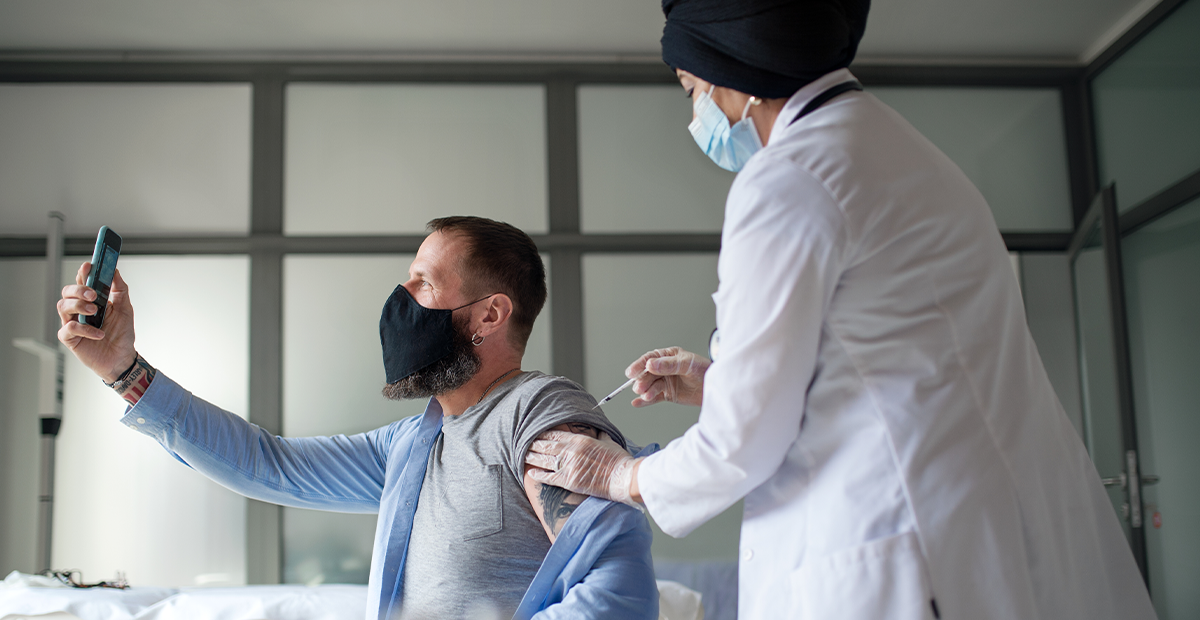May 20, 2022
The pandemic was a cultural game-changer. Our individual experiences with the global health crisis varied greatly. As misinformation and distrust gained traction online, the federal government, its health agencies, and mainstream media took a credibility hit. Instead of rallying behind authority as we did after 9/11, our trust in established sources of information measurably declined, evidenced by the endless memes reflecting confusion over conflicting COVID-19 recommendations.
Although as of this writing about 66% of the U.S. population is now fully vaccinated, getting there wasn’t easy. Celebrities have long inspired vaccine compliance—for example, Elvis Presley helped build buzz for the polio vaccine in the 1950s. But this time, local doctors, business owners, bloggers, and micro-influencers have helped turn the tide. A social sentiment study by the Robert Wood Johnson Foundation on vaccine attitudes and influences concluded: “Messengers are most effective when they are seen as part of the community.” Elevated by new online platforms, like TikTok, and aided by high-quality video, community voices now have platforms and tools to connect like never before.
Though the pandemic was technically a healthcare crisis, the lessons learned don’t just apply to the healthcare sector. These cultural shifts are having implications across all business sectors, and it’s something to which we all need to respond.
